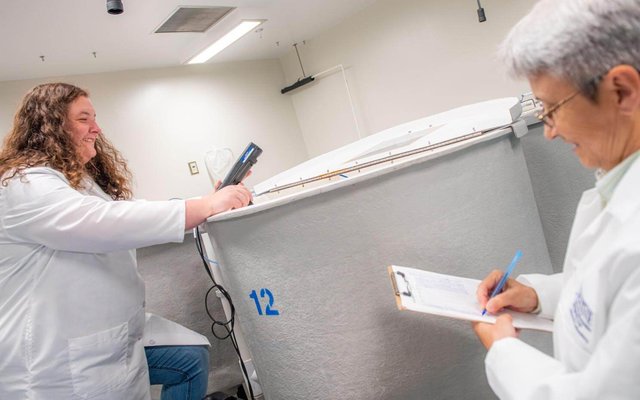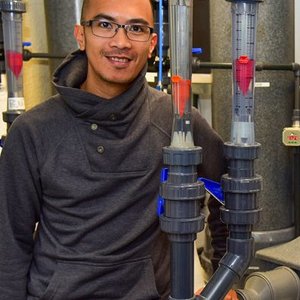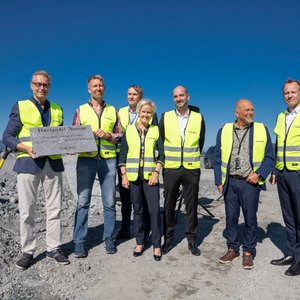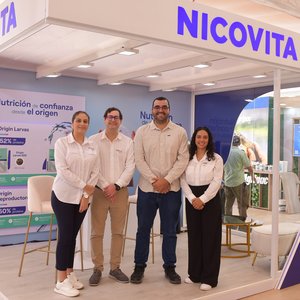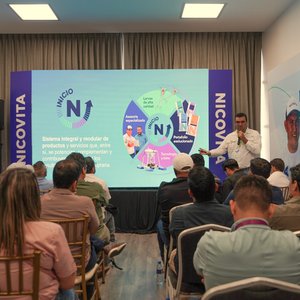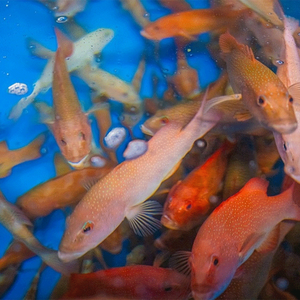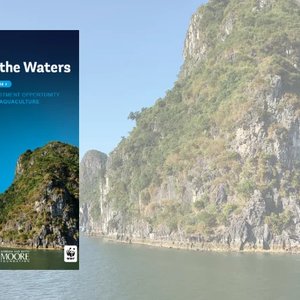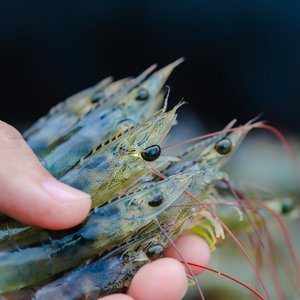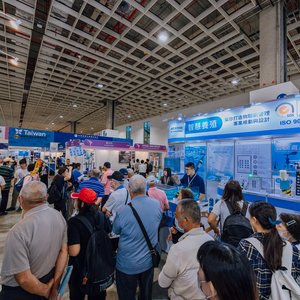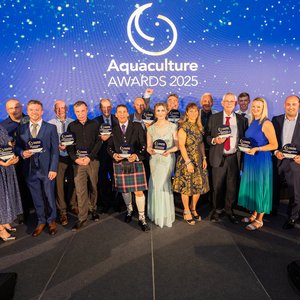The U.S. Department of Agriculture’s National Institute of Food and Agriculture (NIFA) awarded a team of the University of Maine aquaculture and engineering experts $495,000 to investigate if novel nanocellulose vaccines protect Atlantic salmon against lethal pathogens. The project will target vaccine development to combat Infectious Salmon Anemia Virus and Vibrio ordalii, two globally significant Atlantic salmon pathogens. Researchers hope this project will lay the groundwork for using nanocellulose in future vaccine formulations to protect against many other types of diseases impacting aquaculture and agriculture.
UMaine researchers said injectable vaccines are presently the most effective form for protecting aquacultured fish species, but current vaccines made with adjuvants that are water- and oil-based are expensive to make and can cause undesired side effects resulting in decreased growth rates and adhesions and pigmentation around the injection site.
Nanocellulose is a biologically derived natural polymer found in the cell walls of wood and plants and may offer several benefits as a vaccine component. Nanocellulose is considered to be biocompatible, meaning it has no known harmful effects on tissue and is unlikely to cause cellular damage. Vaccines developed with nanocellulose may also be less expensive to manufacture than their oil-based counterparts, researchers said. Its chemical properties allow it to be easily modified and could help increase the effectiveness and longevity of the vaccine without the associated undesired side effects of traditional fish vaccine adjuvants, according to UMaine researchers.
“Nanocellulose could potentially be a sustainable option for aquatic animal vaccines providing an economic solution for managing disease in commercially important species,” said project lead Deborah Bouchard, director of the Aquaculture Research Institute (ARI) at UMaine.


